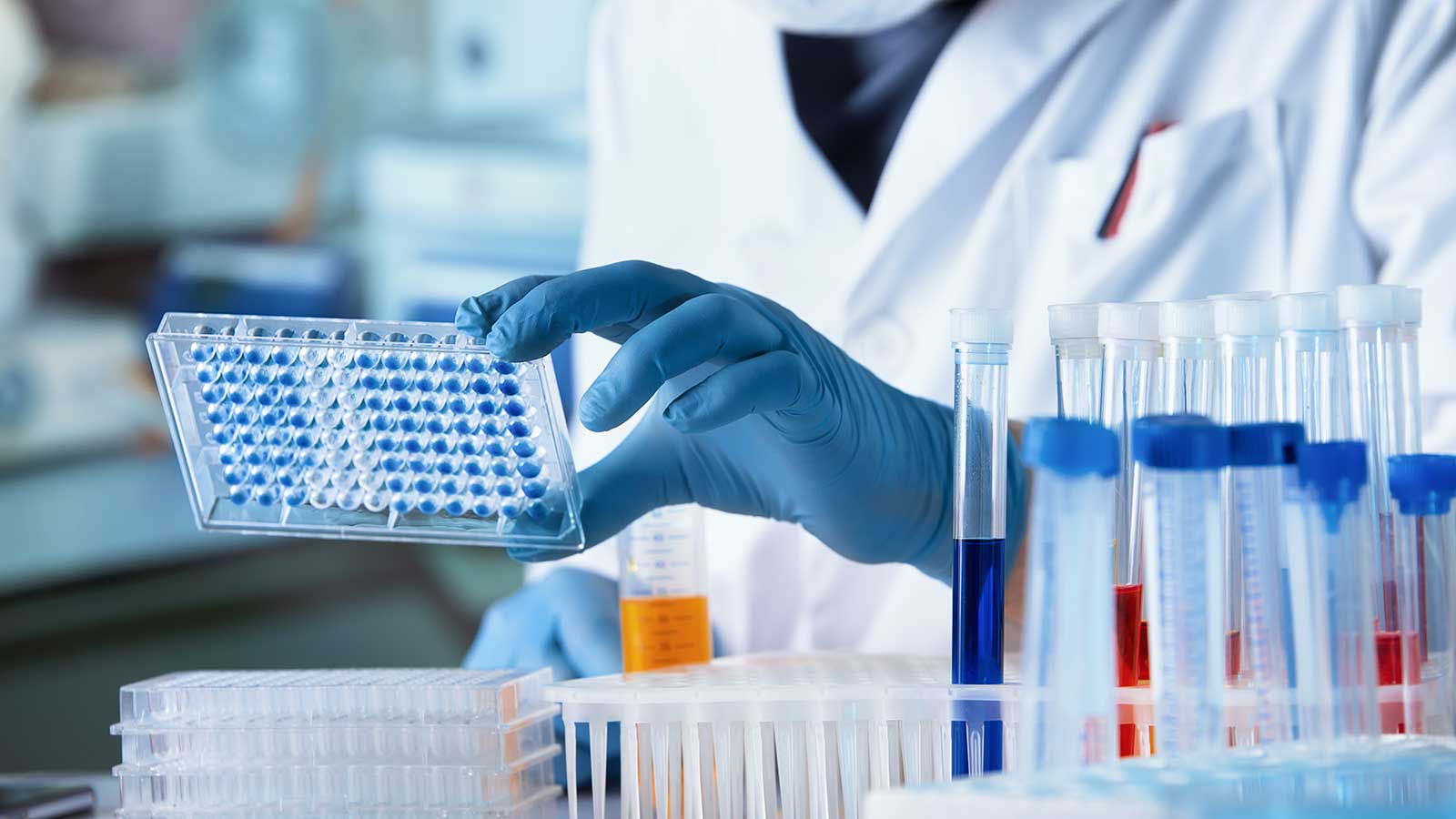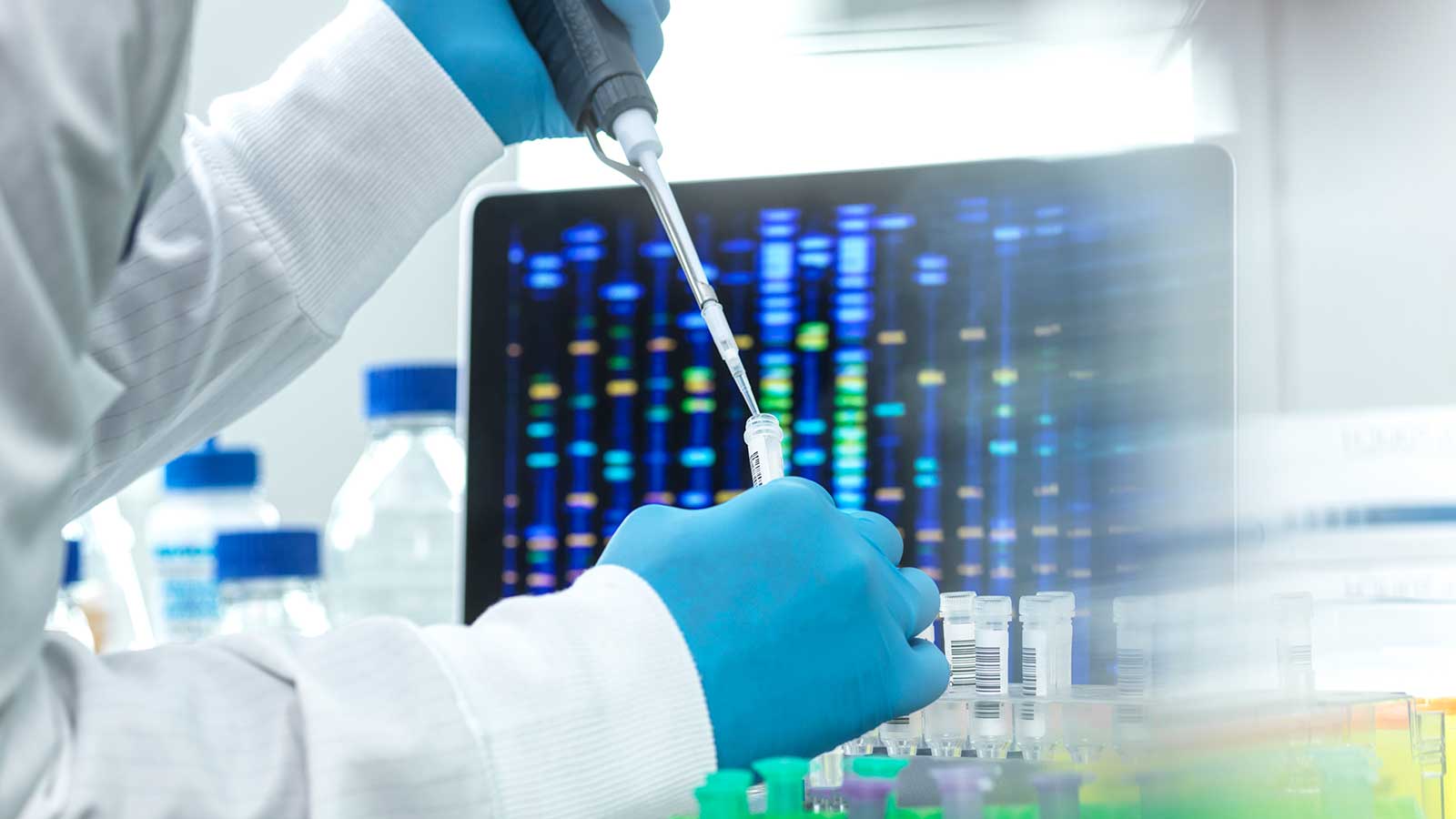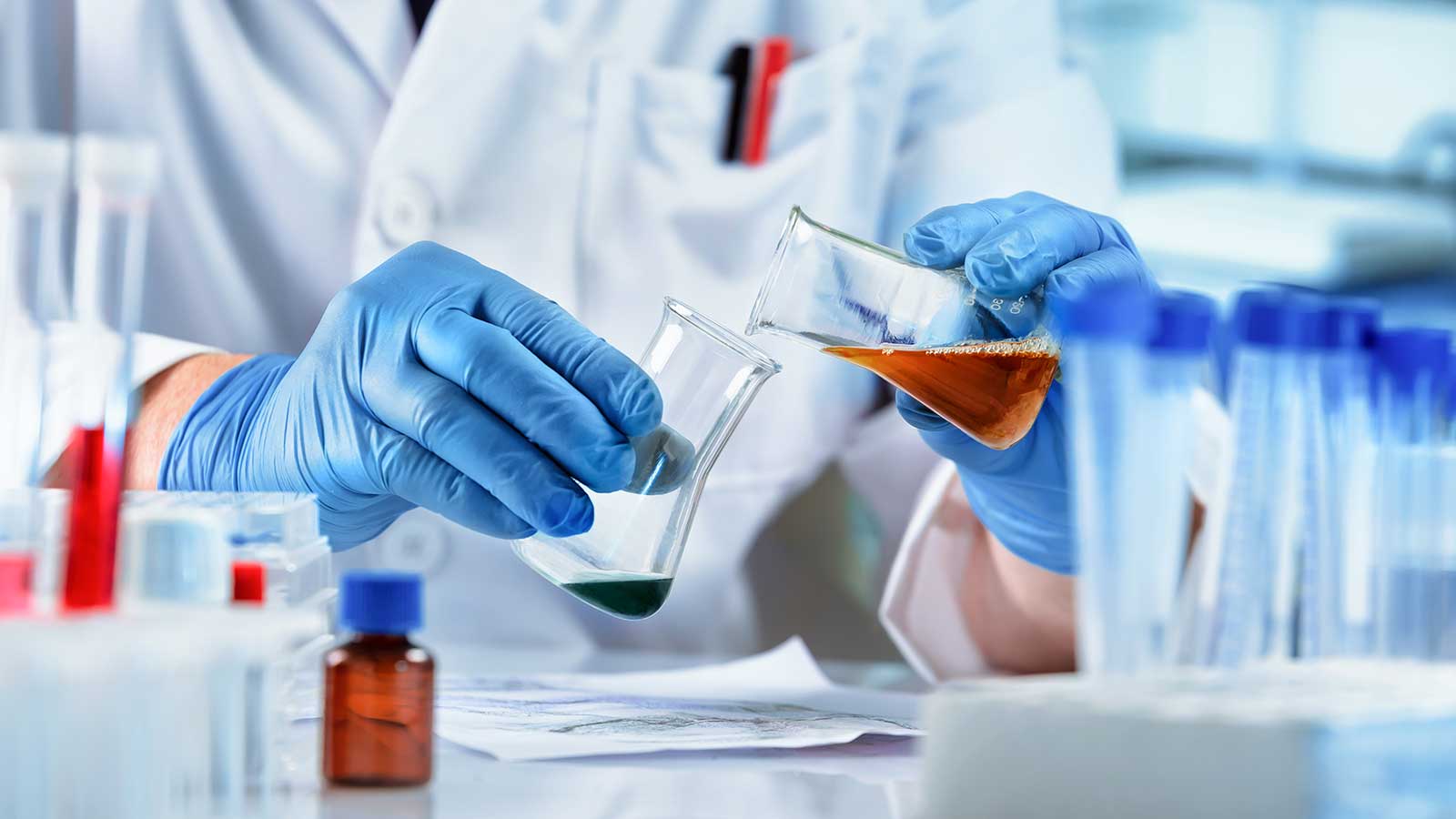As various fields of medicine and health care increasingly depend upon advances in technology, graduates who possess combined expertise in engineering principles and knowledge of biological sciences at all levels will be in high demand. The minor in biomedical science and technology enhances opportunities for Clarkson’s non-engineering students to meet this need.
This minor is connected closely with the minor in biomedical engineering. Students from both minors participate in shared core courses, along with a multidisciplinary capstone design course. Students can take only one (not both) of the two minors.




